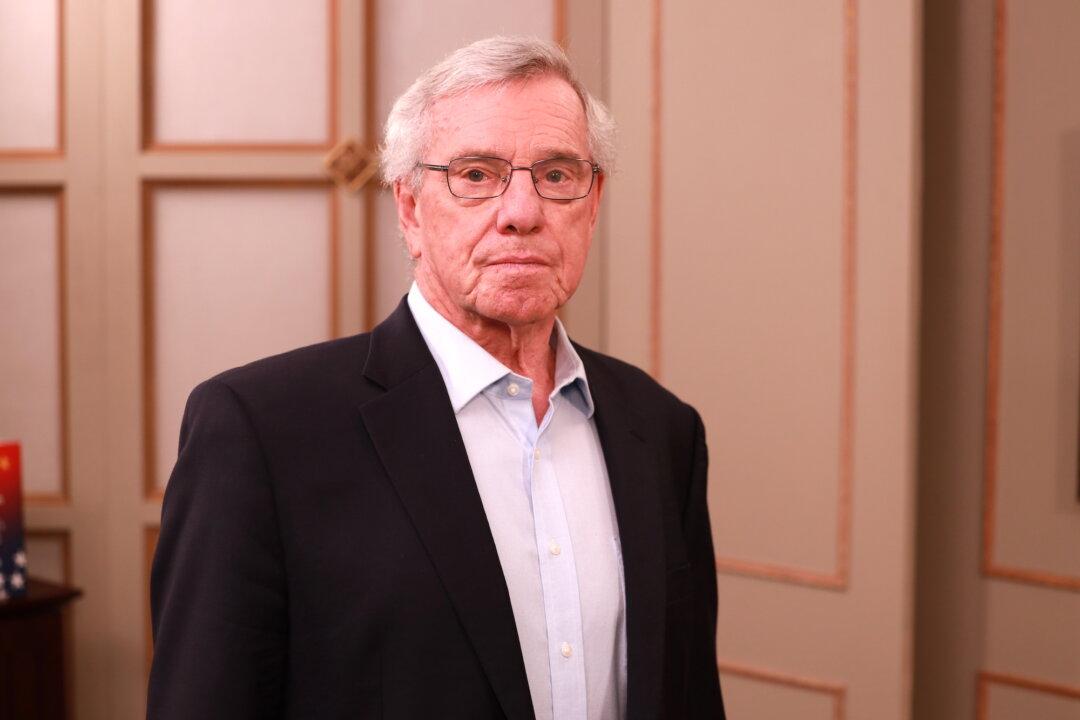Nearly 20 years after China was admitted to the World Trade Organization, China hasn’t become more democratic or free. And Western capital has ultimately only strengthened China’s communist regime.
“We were fooling ourselves,” says Clyde Prestowitz.

Nearly 20 years after China was admitted to the World Trade Organization, China hasn’t become more democratic or free. And Western capital has ultimately only strengthened China’s communist regime.
“We were fooling ourselves,” says Clyde Prestowitz.